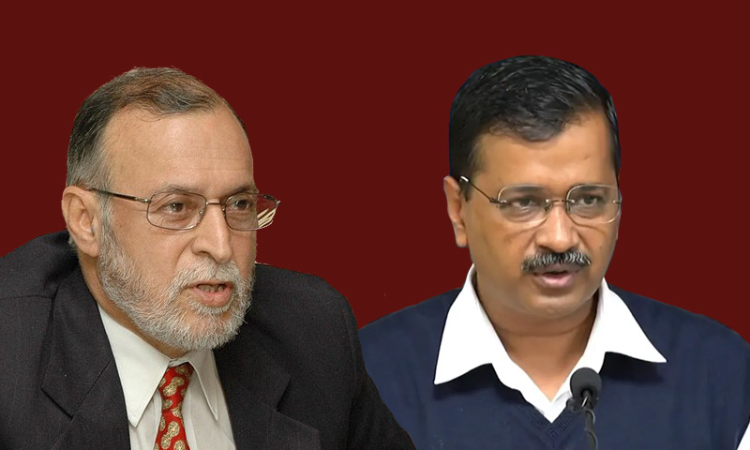The Central Government on Wednesday notified the Government of National Capital Territory of Delhi(Amendment) Act 2021, which enhances the powers of Lieutenant Governor of Delhi over the elected government of Delhi, with effect from April 27.The law gives sweeping powers to the Lieutenant Governor of Delhi by declaring him to be the "Government of Delhi". It also provides that the opinion...

